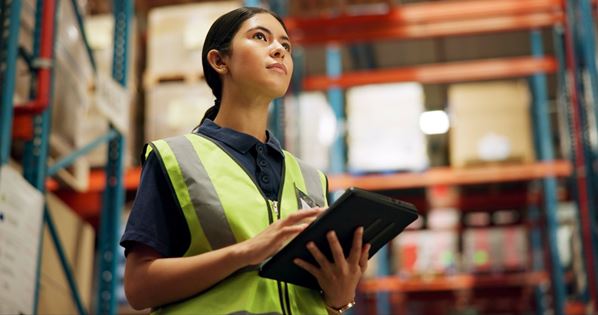
In the global economy, manufacturers are increasingly dependent on international supply chains to obtain raw materials and distribute their finished goods. However, navigating the intricate maze of customs regulations can often lead to unexpected delays and increased costs, threatening the efficiency of manufacturing operations. Understanding the importance of customs analysis can help manufacturers streamline their processes, reduce import/export delays, and maintain a competitive edge in the market.
Understanding Customs Analysis: A Critical Necessity
Customs analysis involves a thorough evaluation of compliance requirements, tariffs, duties, and the regulatory landscape in the countries where a manufacturer intends to import or export goods. This process not only ensures adherence to both domestic and international laws but also helps identify potential delays that could arise due to non-compliance or oversight. In countries like the United States or when dealing with import and export services in Mexico, customs analysis becomes essential for manufacturers aiming to optimize their operations across borders.
Effective customs analysis encompasses several activities including the classification of products under the correct Harmonized System (HS) codes, determining the country of origin, and assessing tariff implications. By meticulously evaluating these elements, manufacturers can predict potential bottlenecks and address them preemptively. Engaging experienced customs brokers or employing sophisticated software solutions for real-time customs data analysis further enhances efficiencies, enabling manufacturers to forecast and avoid potential disruptions.
Optimizing Supply Chain Management
Beyond compliance, customs analysis plays a key role in optimizing supply chain management for manufacturers. Today’s supply chains are not only global but increasingly dynamic, with fluctuations in demand and supply patterns. By integrating customs analysis into their logistic strategies, manufacturers can identify the best routing options and schedule shipments in a manner that minimizes delay risks.
For instance, understanding the typical lead times can help manufacturers plan their inventory more effectively, ensuring that products reach their destinations without the risk of stock-outs or overstocking, both of which can be costly. Additionally, customs analysis can uncover opportunities for cost savings through duty drawbacks or the utilization of free trade agreements, further enhancing the supply chain’s efficiency.
Leveraging Technology in Customs Analysis
In recent years, the proliferation of digital technologies has revolutionized the landscape of customs analysis. Advanced data analytics, artificial intelligence, and blockchain are beginning to play significant roles in aiding manufacturers to reduce delays in their import and export activities.
Customs authorities and logistics companies are adopting AI to predict waiting times at borders by analyzing historical data and current conditions. Such insights allow manufacturers to make informed decisions about when and where to ship their products, thereby minimizing dwell times. Moreover, blockchain technology can enhance transparency and traceability in supply chains, where every stakeholder, including customs, can access a single, immutable ledger. This reduces paperwork discrepancies and speeds up the clearance process significantly.
Fostering Collaboration with Customs Authorities
Building and maintaining a collaborative relationship with customs authorities is another strategy that manufacturers can employ to minimize import/export delays. By establishing a proactive approach and fostering clear communication lines, manufacturers can ensure customs officers have all the necessary documentation well in advance and understand any unique requirements relating to their shipments.
Enrollment in trusted trader programs, like the Customs-Trade Partnership Against Terrorism (C-TPAT) in the United States, can also expedite the customs clearance process. These programs certify manufacturers that meet specific security criteria, often resulting in reduced inspections and quicker processing times.
Conclusion: The Path Forward
Given the complexities of modern supply chains, customs analysis is not just an operational necessity but a strategic tool that can help manufacturers manage delays in their import and export activities. By investing in comprehensive customs analysis, harnessing technological advancements, and cultivating professional relationships with customs authorities, manufacturers can mitigate potential setbacks and focus on their core business operations.
The increasing necessity for efficient import and export services in Mexico and other international markets only underscores the importance of sophisticated customs analysis in today’s global trade environment. As manufacturers continue to expand their reach across borders, those who master the intricacies of customs operations will undoubtedly stride ahead of their competition.




